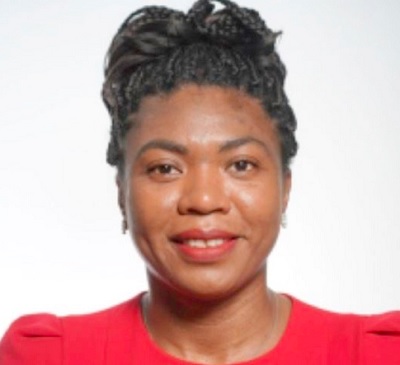
$3bn IMF loan: Oasis in desert?
On May 17, 2023, the International Monetary Fund’s (IMF) executive board approved a $3 billion extended credit facility for Ghana.
A Senior Communications Officer at the IMF, Tatiana Mossot, in a statement said the facility would support the government’s efforts at addressing its economic challenges and building the foundations for a better and more inclusive future for all Ghanaians.
She also indicated that it would ease the financing constraints of Ghana, by unlocking more funding from the rest of the international community.
Tatiana Mossot provided three key objectives of the programme as restoring macroeconomic stability; ensuring debt is put on a sustainable path, and laying the foundations for stronger and more inclusive growth.
While the approval of the extended credit facility is good news to Ghanaians who have been under the burden of economic crisis for some time now, the money might not automatically solve our problems.
One of the basic economic challenges facing Ghana is fiscal deficits.
Government spending exceeds receipts, the economy is strained and the availability of resources for development projects are constrained because of increased borrowing and debt buildup.
Ghana's high level of debt has reduced fiscal flexibility, private investment and increased interest payments.
While money can be an important tool in addressing these economic challenges, simply having more money or increasing government spending alone is not enough to solve Ghana's economic problems.
This is because while money is important, how it is distributed and used is more important.
Increased spending may not have the same impact if money is used inefficiently and ineffectively.
To ensure that our three billion IMF loan counts, we must use the fund effectively to produce the desired results.
Statement
The IMF has noted in its statement that the major objective of the programme is to bring public finances back on a sustainable path, and this it noted would be done by mobilising revenue that was more domestic and improving the efficiency of public spending.
It is, thus, not surprising to see an increase and extension of taxes to non-traditional taxable industries.
This initiative requires of government to limit expenditure, engage stakeholders on projects, and be disciplined in its financials.
We must perhaps consider cancelling per diems for meetings and conferences for the greater good.
The IMF emphasised the point that the programme does, and will continue to include efforts to protect the vulnerable.
It cited the 2023 budget, for example, doubling the level of benefits for the existing targeted cash transfer programme, the Living Empowerment Against Poverty (LEAP) programme, and boosting allocations towards the school feeding programme.
Lessen
As a country, we should lessen our reliance on cocoa and gold.
The government should promote and foster the growth of non-traditional industries such as manufacturing, agribusiness, tourism, information technology and services.
These are necessary to achieve entrepreneurship, innovation, and investment in these industries and they can open up new opportunities and lessen exposure to changes in commodity prices.
The government should support non-traditional sectors with incentives and subsidies to encourage growth.
It should also focus on establishing industrial parks, technology hubs, and agribusiness zones to attract local and foreign investment.
Creating a favourable business environment with streamlined regulations and reduced bureaucratic hurdles will spur entrepreneurship and innovation in the country.
This will have the multiple effects of solving unemployment and promoting growth.
Undoubtedly, Ghana has significant tourism potential, which is underdeveloped.
Ghana can draw tourists from the outside, generate income, create jobs by investing in tourism infrastructure, supporting environmentally friendly tourism practices, and marketing itself as an attractive vacation spot.
These are our way out. It must be done because if it is not done, we are done.
The writer is a Marketing & Communication Consultant
